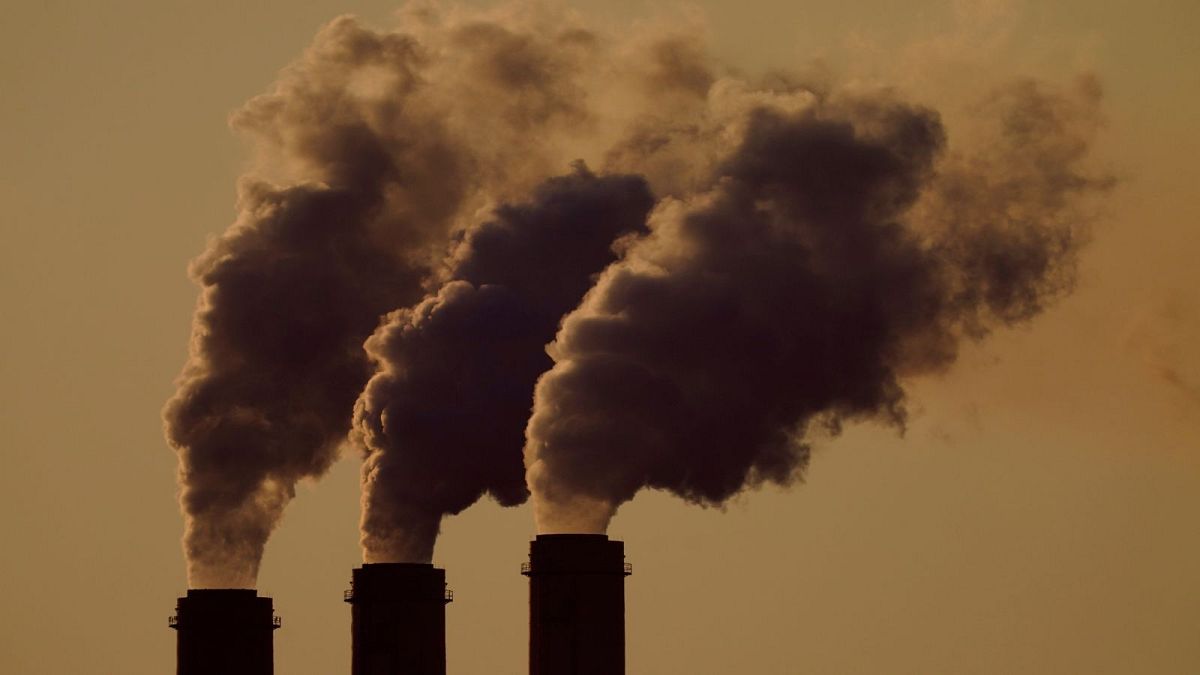Being exposed to air pollution around the time of egg retrieval can significantly curb the odds of a successful transfer through in vitro fertilisation (IVF), a new study has found. Exposure to air pollution can significantly lower the chance of having a live birth after in vitro fertilisation (IVF), according to new research that indicates poor air quality impacts fertility at an earlier stage than previously known. The study included roughly 1,800 patients and 3,700 frozen embryo transfers from 2013 to 2021 in Perth, Australia.
Researchers analysed exposure to fine particulate matter at various points before the patients’ eggs were collected, and followed them throughout their pregnancies later on. Women who had the highest level of pollutant exposure in the two weeks before their eggs were collected had a 38 per cent lower chance of giving birth to a live baby compared with women who had the lowest level of exposure. Higher exposure in the three months before egg retrieval also led to lower odds of live birth, the study found.

“These findings suggest that pollution negatively affects the quality of the eggs, not just the early stages of pregnancy, which is a distinction that has not been previously reported,” Dr Sebastian Leathersich, the study’s lead author and a fertility specialist in Perth, said in a statement. Leathersich will present the findings on Monday at the European Society of Human Reproduction and Embryology’s (ESHRE) annual meeting in Amsterdam. No.























